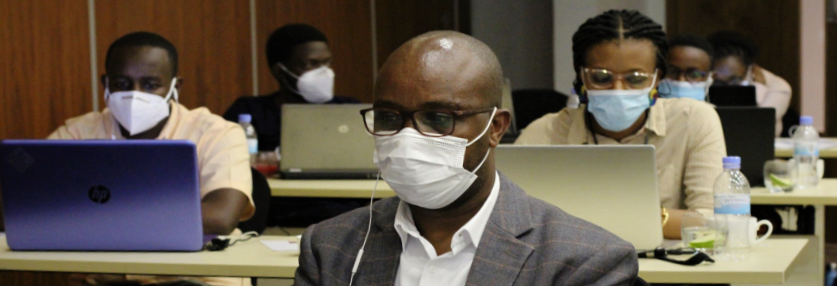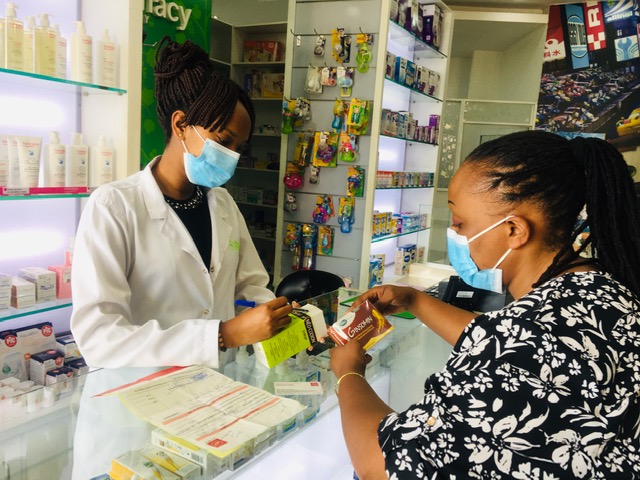Developing a Regulatory Framework
MTaPS program supported the FDA in developing its first foundational document through a consultative process. The Rwanda FDA Strategic Plan 2021-2024 lays out objectives, strategies, and targets to achieve the FDA’s mission of protecting and promoting public health. MTaPS also facilitated the validation of key documents for the quality management system through stakeholder workshops, which provide a framework for enforcing regulations and processes for clinical trials, pharmacovigilance (PV), product recalls, and advertisement of regulated medical products. An additional 12 documents were validated to provide guidance on processes, including for registration of medical products, issuance of import and export permits, and assessment of adverse drug reactions. Diverse stakeholders, such as research and teaching institutions, food industries, media, and consumers, were invited in the validation process. To bolster the functioning of Rwanda FDA’s PV division—a critical role of the regulatory system to ensure drug safety—MTaPS helped develop a multiyear national PV plan that defined key responsibilities and a strategic framework for planning, implementation, and monitoring of PV activities.
Building National Regulatory Capacity
MTaPS trained 55 FDA officials in medical products dossier assessment – a crucial regulatory function. The program also organized a Drug and Therapeutics Committee training to build the PV capacity of new FDA personnel, doctors, nurses, and pharmacists from public and private health facilities.

